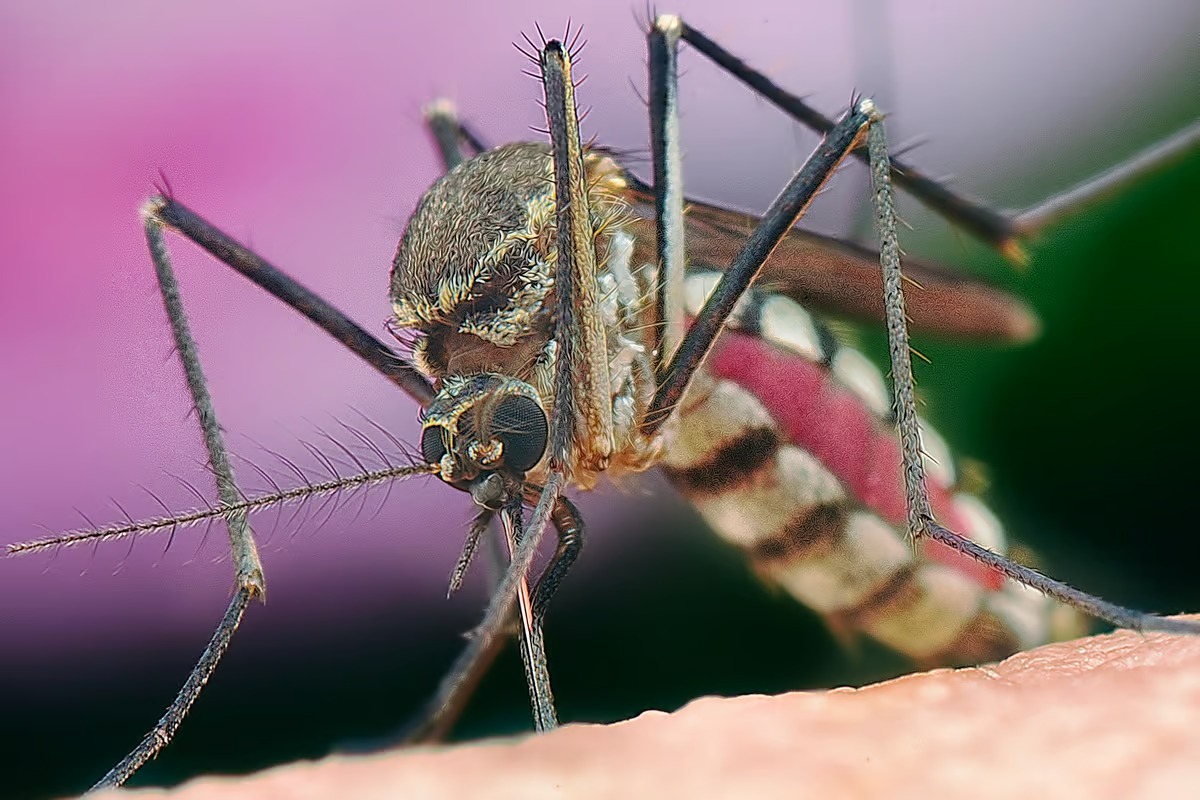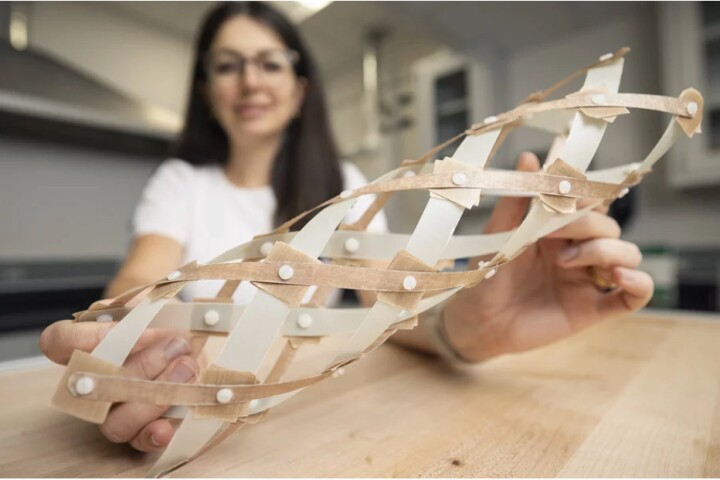 Researchers have discovered what’s behind the unexpected spread of flesh-eating ulcers in southeastern Australia. Depositphotos –
Researchers have discovered what’s behind the unexpected spread of flesh-eating ulcers in southeastern Australia. Depositphotos –
Caused by the bacteria Mycobacterium ulcerans, Buruli ulcer is a chronic infection that eats away skin and subcutaneous tissue. The bacteria’s toxin attacks fat cells under the skin, leading to localized swelling or the formation of a lump that progresses to an ulcer. Buruli ulcer is rarely fatal but can result in significant tissue destruction, permanent disfigurement, and long-term disability if it’s not diagnosed and managed effectively.
Although it’s commonly seen in countries with tropical and subtropical climates, the condition had a recent – and unexpected – surge in temperate regions of the state of Victoria in southeastern Australia, with cases being reported in and around the major metropolitan centers of Melbourne and Geelong. The rise in Buruli ulcer prompted a study led by researchers from the Peter Doherty Institute for Infection and Immunity (Doherty Institute) at the University of Melbourne to find out what was behind the spread, something that’s been an enigma for over 80 years.
“How Buruli ulcer is spread to people has baffled scientists and public health experts for decades,” said Tim Stinear, the study’s co-corresponding author. “So now that mystery is solved with our five-year study revealing that mosquitoes transmit M. ulcerans in southeastern Australia, making mosquito bite prevention and mosquito control obvious forms of prevention.”
A few factors have made pinning down Buruli ulcer’s mode of transmission difficult and confounded scientists since its discovery in Australia in the 1930s and across Africa not long after that. M. ulcerans is a very slow-growing bacteria that’s challenging to isolate in cultures. It produces an average four-to-five-month incubation period that causes outbreaks in specific geographical areas and then disappearing for years.
Undeterred, the researchers focused on the Mornington Peninsula, a seaside region 90 km (56 miles) south of Melbourne with one of the world’s highest incidences of Buruli ulcer. Between 2016 and 2021, they trapped and tested more than 65,000 mosquitoes using forensic-level genomics.
“Thanks to genome sequencing, we discovered that the genetic make-up of the bacteria M. ulcerans in mosquitoes was identical to that found in Buruli ulcer patients in the study area,” said the lead and corresponding author, Peter Mee. “This was a key part of a compelling body of evidence pointing to mosquitoes as the transmission link.”
The researchers say their findings “show beyond reasonable doubt” that mosquitoes transmit M. ulcerans to humans, but they had to convince others.
“We long suspected mosquitoes were involved, but there is no precedence for a bacterial infection like Buruli ulcer being transmitted this way,” said Paul Johnson, a study co-author. “Our team faced considerable skepticism, so we gathered irrefutable evidence to support our claim.”
The researchers are cautious to draw parallels with African countries where Buruli ulcer is endemic, given that evidence for mosquitoes as vectors is lacking. The very specific set of circumstances that led to a rise in ulcers in temperate southeastern Australia restricts the generalizability of their results. Further research is required to better understand the mechanisms underlying the spread of Buruli ulcer in these countries.
Nonetheless, the study highlights what’s needed to reduce the likelihood of future outbreaks of the flesh-eating ulcer in Australia.
“This research is significant because we can all take simple actions, like applying insect repellent and removing stagnant water around the house, to protect the community and reduce the risk of Buruli ulcer,” Johnson said.
The study was published in the journal Nature Microbiology, and in the below video produced by the Doherty Institute, corresponding author Tim Stinear explains how people can reduce the spread of Buruli ulcer and what to do if they suspect they have the disease.
–
Source: Doherty Institute
–
























